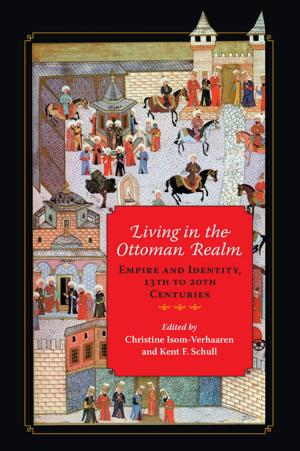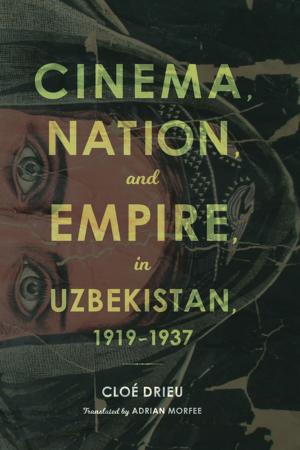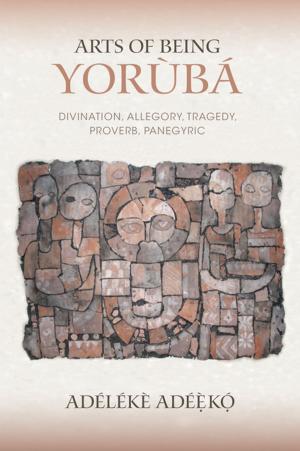Sacred Art
Catholic Saints and Candomble Gods in Modern Brazil
Nonfiction, Art & Architecture, General Art, Art History, Religious, Social & Cultural Studies, Social Science, Anthropology| Author: | HENRY GLASSIE, PRAVINA SHUKLA | ISBN: | 9780253032065 |
| Publisher: | Indiana University Press | Publication: | November 20, 2017 |
| Imprint: | Indiana University Press | Language: | English |
| Author: | HENRY GLASSIE, PRAVINA SHUKLA |
| ISBN: | 9780253032065 |
| Publisher: | Indiana University Press |
| Publication: | November 20, 2017 |
| Imprint: | Indiana University Press |
| Language: | English |
Sacred art flourishes today in northeastern Brazil, where European and African religious traditions have intersected for centuries. Professional artists create images of both the Catholic saints and the African gods of Candomblé to meet the needs of a vast market of believers and art collectors.
Over the past decade, Henry Glassie and Pravina Shukla conducted intense research in the states of Bahia and Pernambuco, interviewing the artists at length, photographing their processes and products, attending Catholic and Candomblé services, and finally creating a comprehensive book, governed by a deep understanding of the artists themselves.
Beginning with Edival Rosas, who carves monumental baroque statues for churches, and ending with Francisco Santos, who paints images of the gods for Candomblé terreiros, the book displays the diversity of Brazilian artistic techniques and religious interpretations. Glassie and Shukla enhance their findings with comparisons from art and religion in the United States, Nigeria, Portugal, Turkey, India, Bangladesh, and Japan and gesture toward an encompassing theology of power and beauty that brings unity into the spiritual art of the world.
Sacred art flourishes today in northeastern Brazil, where European and African religious traditions have intersected for centuries. Professional artists create images of both the Catholic saints and the African gods of Candomblé to meet the needs of a vast market of believers and art collectors.
Over the past decade, Henry Glassie and Pravina Shukla conducted intense research in the states of Bahia and Pernambuco, interviewing the artists at length, photographing their processes and products, attending Catholic and Candomblé services, and finally creating a comprehensive book, governed by a deep understanding of the artists themselves.
Beginning with Edival Rosas, who carves monumental baroque statues for churches, and ending with Francisco Santos, who paints images of the gods for Candomblé terreiros, the book displays the diversity of Brazilian artistic techniques and religious interpretations. Glassie and Shukla enhance their findings with comparisons from art and religion in the United States, Nigeria, Portugal, Turkey, India, Bangladesh, and Japan and gesture toward an encompassing theology of power and beauty that brings unity into the spiritual art of the world.















